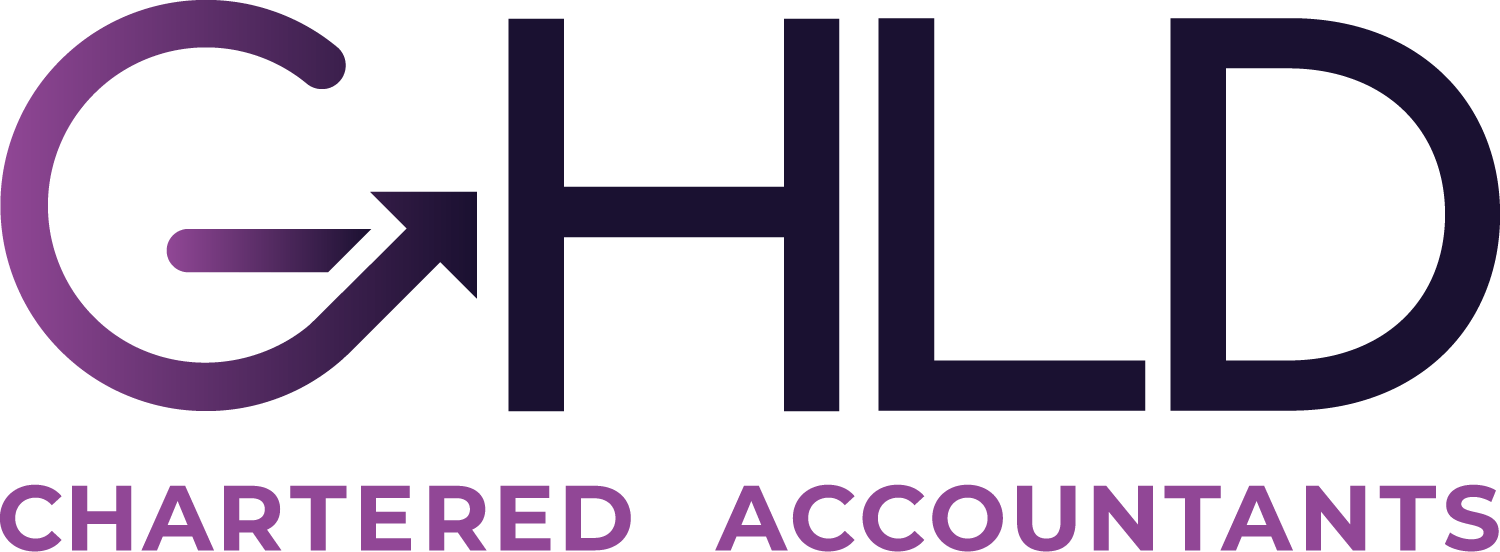At GHLD, we understand that business owners face critical decisions regarding how they should structure their remuneration to optimise both personal and company finances. One of the key decisions is choosing between taking a salary or dividends.
This blog explores the most tax-efficient ways to pay yourself as a director, focusing on the benefits and considerations of salaries versus dividends using data relevant to the UK’s 2024/25 tax year.
Understanding the basics: salary vs. dividends
Before delving into the strategies, it is crucial to understand the fundamental differences between taking a salary and dividends. Salary is paid through the company’s payroll, subject to National Insurance Contributions (NICs) and income tax. On the other hand, dividends are distributed from after-tax profits and are taxed at a different, often lower, rate compared to salary.
Tax implications
The tax treatment of salary and dividends under the UK tax system plays a significant role in deciding the most efficient method of remuneration. For the tax year 2024/25, the personal allowance stands at £12,570, meaning that any salary up to this amount is free from income tax, though it is still subject to Class 1 NICs if it exceeds the NIC threshold of £9,880 per year.
Dividends, however, are taxed at lower rates compared to salary. The dividend allowance for 2024/25 is £500, within which dividends are tax-free. Beyond this allowance, dividends are taxed at 8.75% for basic rate taxpayers, 33.75% for higher rate taxpayers, and 39.35% for additional rate taxpayers. It is essential to note that no NICs are paid on dividends, which can result in significant savings.
When to choose salary
Opting for a salary as a form of remuneration can be advantageous for several reasons. First, salaries and the NICs paid on them are treated as deductible business expenses, reducing the overall corporation tax liability of the company. For 2024/25, the corporation tax rate is between 19-25% depending on profits. By reducing taxable profits through salary payments, a company can decrease the amount of corporation tax owed.
Furthermore, paying a regular salary ensures that directors meet the minimum earnings threshold for state benefits, including the state pension. This is crucial for long-term financial planning.
When to opt for dividends
Dividends are an attractive option when looking to maximise take-home pay while minimising tax liability. Since dividends are not subject to NICs and are taxed at a lower rate beyond the dividend allowance, they often represent a more tax-efficient method of drawing income from a company, especially for those in higher tax brackets.
Moreover, dividends provide flexibility in timing and amount, which can be particularly useful for tax planning. Directors can decide when to declare dividends and how much to distribute, allowing them to optimise their tax position by spreading the dividend income across different tax years.
Balancing salary and dividends
For many directors, a combination of both salary and dividends often yields the most tax-efficient results. By drawing a minimal salary up to the personal allowance or NIC threshold and then supplementing with dividends, directors can take full advantage of the lower tax rates on dividends while still reducing the corporation tax liability and ensuring eligibility for state benefits.
Example scenario
Consider a director of a small company: For the tax year 2024/25, they could opt to take a salary of £12,570, utilising their full personal allowance and remaining just below the NIC threshold. The remainder of their income could then be taken as dividends, making use of the £500 dividend allowance and benefiting from the lower dividend tax rates.
Seek professional advice
Choosing between salary and dividends requires a nuanced understanding of both personal and company financial goals, as well as a thorough knowledge of the tax implications associated with each. At GHLD, we are committed to providing tailored advice that aligns with your unique circumstances and financial objectives. We ensure that you not only comply with tax regulations but also optimise your income and tax position.
Whether you are setting up a new company or re-evaluating your remuneration strategy, our team is here to support and guide you through each decision, helping to maximise your financial health and business success.
Please contact us for detailed, personalised guidance suited to your specific needs.


